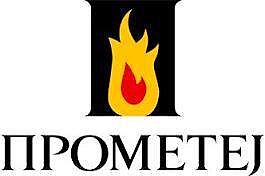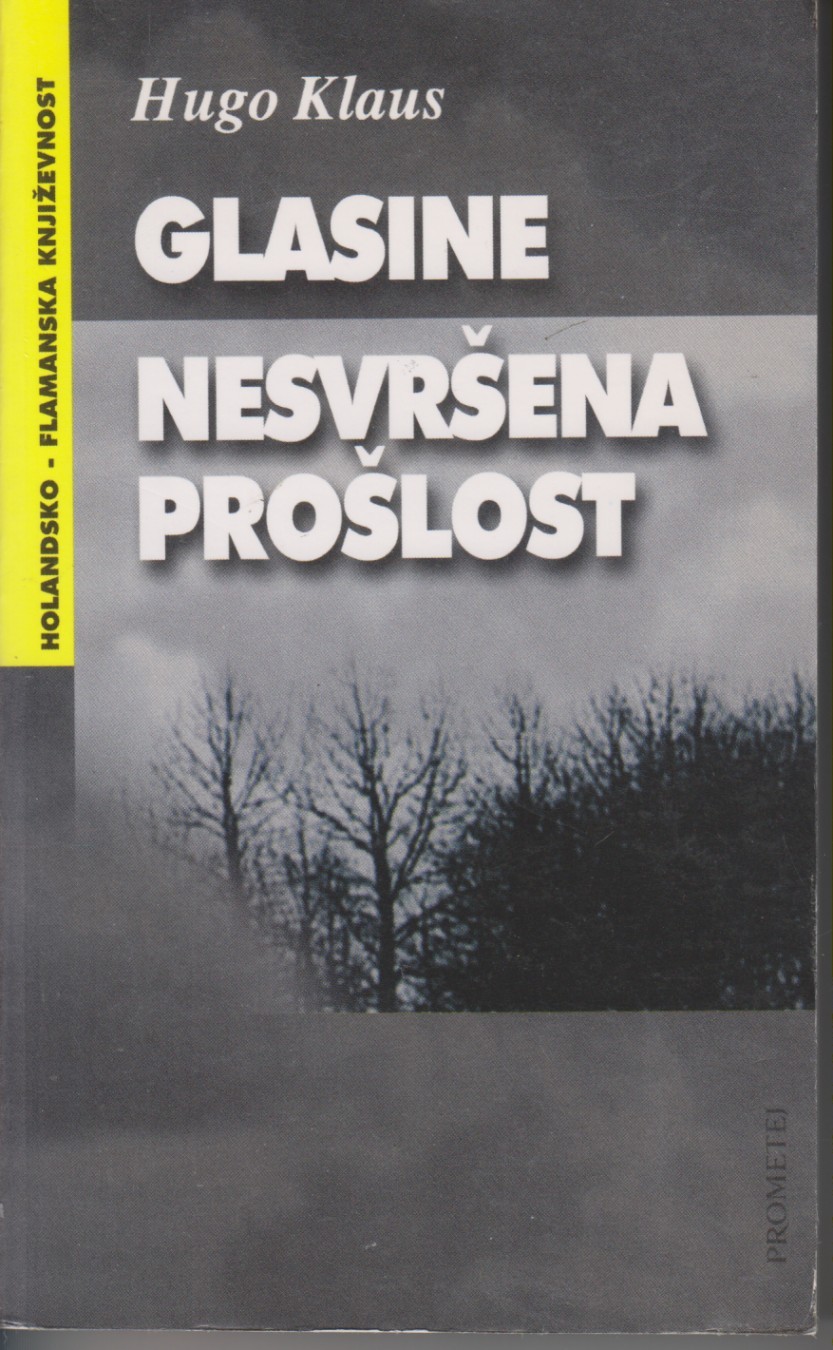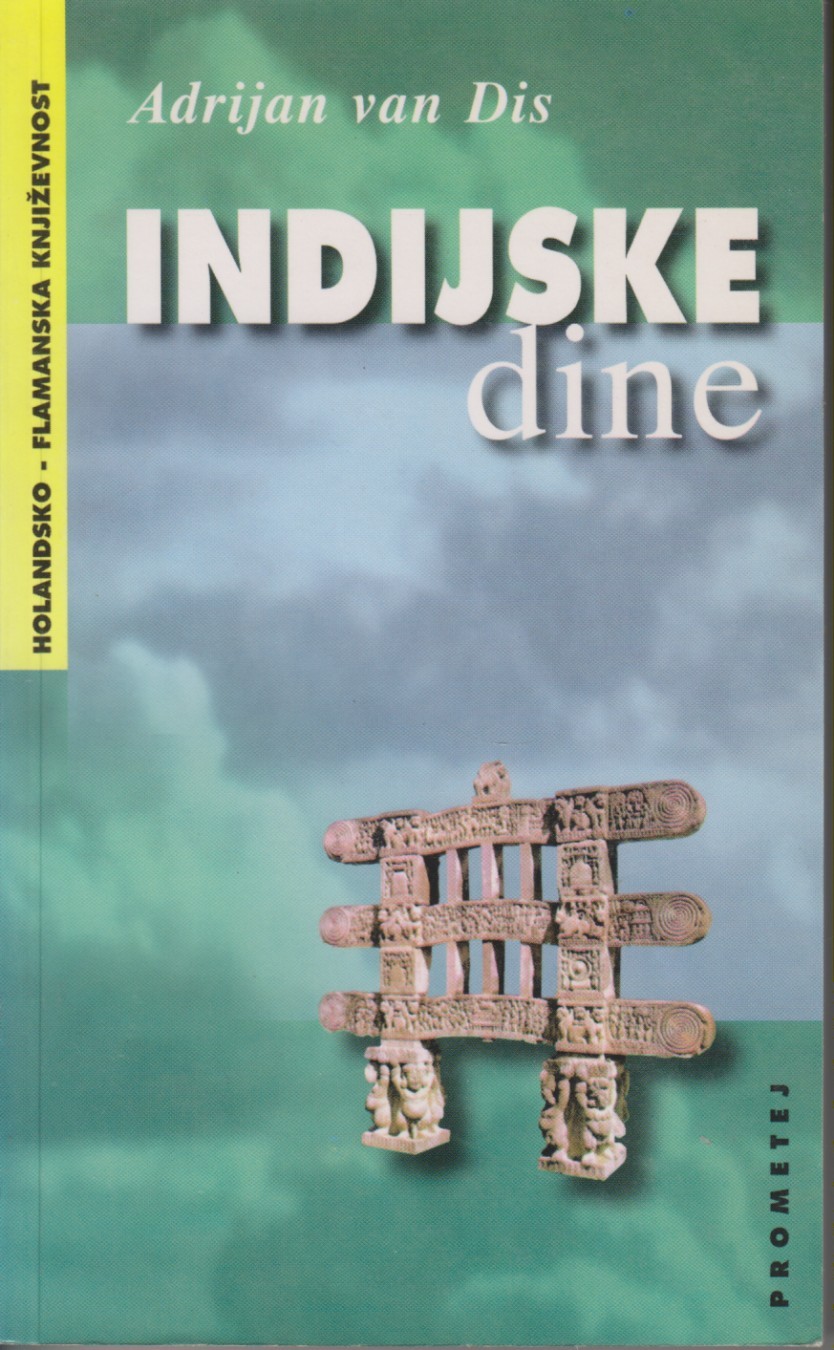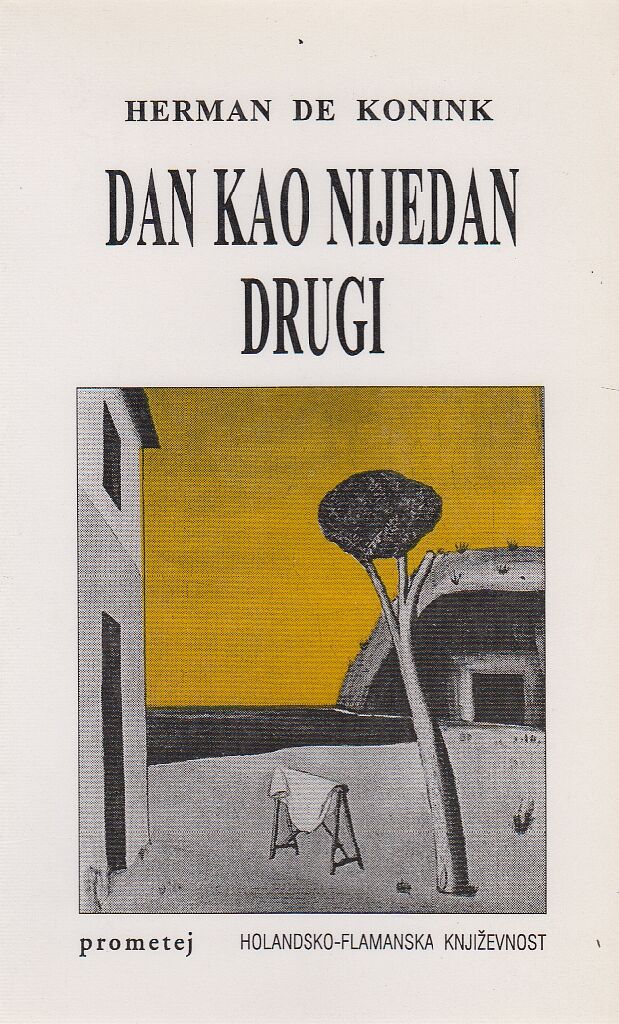The Role of a Publisher in Promoting Dutch Literature in Serbia
Prometej: Publishing House Willing to Take a Chance
Publishers can play a crucial role in the translation process. They are the ones who mainly determine whether a book is going to be translated, who is going to make the translation, and how it will be disseminated in the target culture.
Prior to the 1990s, the translations of books from the Netherlands and Flanders were merely sporadic in the former Yugoslavia (which comprised Serbia as a federal republic). However, the last decade of the twentieth century was marked by a considerable upsurge in the production of literary translations from the Dutch, primarily in Serbia, while that trend was not mirrored in other ex-Yugoslav republics in the same period. Interestingly, this shift took place during one of the most dramatic periods in recent Serbian history. It was the result of an interplay of various factors, but one of the most important was the newly founded publishing house, Prometej whose founder, Zoran Kolundžija, was willing to take a chance with the, at the time, little-known literature in Serbia.
Shift in the Publishing Industry

Logo of the Publishing house Prometej
Publisher Prometej was founded in 1992 in Novi Sad when Serbia was in a state of turmoil following the breakup of Yugoslavia. Along with it, the country's social, economic, and cultural sectors were collapsing as well. In the economic sphere, the country was going through a transition from state and social ownership to a market economy based on private property. In line with this trend, many of Serbia's large state-owned publishing companies were being privatized amid political and economic uncertainty and were gradually disappearing from the scene. In those circumstances, the first small private publishing companies, such as Prometej, emerged.
In terms of the book market, this period saw a significant drop in the number of translated and published books. The publishing sector was showing signs of recovery in the mid-1990s, but it took more than a decade to significantly increase the number of published books in comparison to the previous years.
Niche publishing
Prometej was founded with the goal of publishing books for a specific readership. They started by publishing books about Serbian national history, which were underrepresented in the book market at the time, according to the company’s founder, Zoran Kolundžija, Apart from that, they were mainly focused on books about film and theatre, as well as linguistics, architecture, and psychology. Some of their publications were the result of close collaboration with major cultural institutions like the Yugoslav Film Archive, the Theatre Festival Sterijino pozorje, and with renown linguists and lecturers at the Faculty of Philology. Curiously enough, they rarely published belle-lettres, and the book series Dutch and Flemish Literature was their only collection of fiction books.
Book Series Dutch and Flemish Literature
In the period between 1993 and 2006, Prometej published roughly 40 books by Dutch and Flemish authors under the book series Dutch and Flemish Literature. Among those publications, there were also three anthologies: a collection of Flemish poetry, a collection of Flemish novels, and a collection of novels by Flemish female writers.



Prometej introduced the Serbian readership to some of the most important Dutch and Flemish authors. Hugo Claus, one of the most renowned Flemish writers, had an astonishing seven titles published, including his magnum opus, The Sorrow of Belgium (Het verdriet van België). On top of that, the house published three novels by Ivo Michiels, Adriaan van Dis, and Cees Nooteboom, who is regarded as one of the most prominent contemporary Dutch authors. The book series also includes the translation of one of the best-known Dutch novels, The Black Lake (Oeroeg) by Hella Haasse, a book that introduced Dutch readers to racial issues in the colonial Dutch East Indies. Furthermore, there are some exceptional war novels, such as My Little War (Mijn kleine oorlog) by Lous Paul Boon and Sunken Red (Bezonken rood) by Jeroen Brouwers.
However, this upsurge in the number of translations from the Dutch would never have been possible without the translators. After the introduction of Dutch Studies at the Faculty of Philology in Belgrade in 1987, the first translators who translated directly from the Dutch appeared. Prometej worked with some of the pioneer translators from Dutch to Serbian. Ivana Šćepanović, the most productive Dutch translator, translated the majority of the titles, 33 in total. Olivera Petrović van der Leeuw has seven translations to her name. One book was the result of a collaborative translation. Moreover, as book series editors, the two played a major role in the book selection process. According to Kolundžija the translators had all the freedom in choosing the titles they wanted to translate (Šumonja, 2015).
The Importance of Networking

The familiy Kolundžija also owns a bookstore Most (The Brige) in Novi Sad.
In various interviews, Kolundžija stated that he had no interest in publishing fiction books. In that regard, he claimed, "the readership was mostly drawn to popular literature, which he never found appealing". So how did it happen that this publishing house became the most fruitful one in terms of the quantity of published translations from the Dutch?
According to Kolundžija many of their publications were made possible due to his personal ties and friendships with notable Serbian writers, linguists, and other important figures from film and theatre. The founding of the book series Dutch and Flemish Literature was no exception to the rule.
The translator Olivera Petrović van der Leeuw played a crucial role in this development. According to Petrović van der Leeuw, she made a deal with the publisher Prometej, who contacted her to translate a book Public relations: een kennismaking by Anne van der Meiden. She told him that she would only do it if he published her translation of the book Sunken red by Jeroen Brouwers in return. He accepted and that is how the edition Dutch Literature in Translation was born (Budimir, 2020). In addition, Petrović van der Leeuw included in the agreement her fellow translator, Ivana Šćepanović. As a result, Prometej published three titles in 1993. One was the translation of Sunken red by Petrović van der Leeuw, followed by the translation of Irina van Goeree’s novel A Thousand Hills Across (Duizend heuvels over) by Ivana Šćepanović. Finally, the book about public relations was a collaborative translation between Petrović van der Leeuw and Šćepanović.
(Bojana Budimir)
References
Budimir, Bojana. 2020. “Peripheries in the Global System of Translation: A Case Study of Serbian Translations of Dutch Literature between 1991 and 2015.” Dutch Crossing 44(2): 218-235. Article available online.
Šumonja, Katarina. 2015. “Holandska i flamanska književnost u prevodu na srpski. Stanje i recepcija (1990-2014).” Erazmo 1: 146-186. Article available online (in Serbian).
